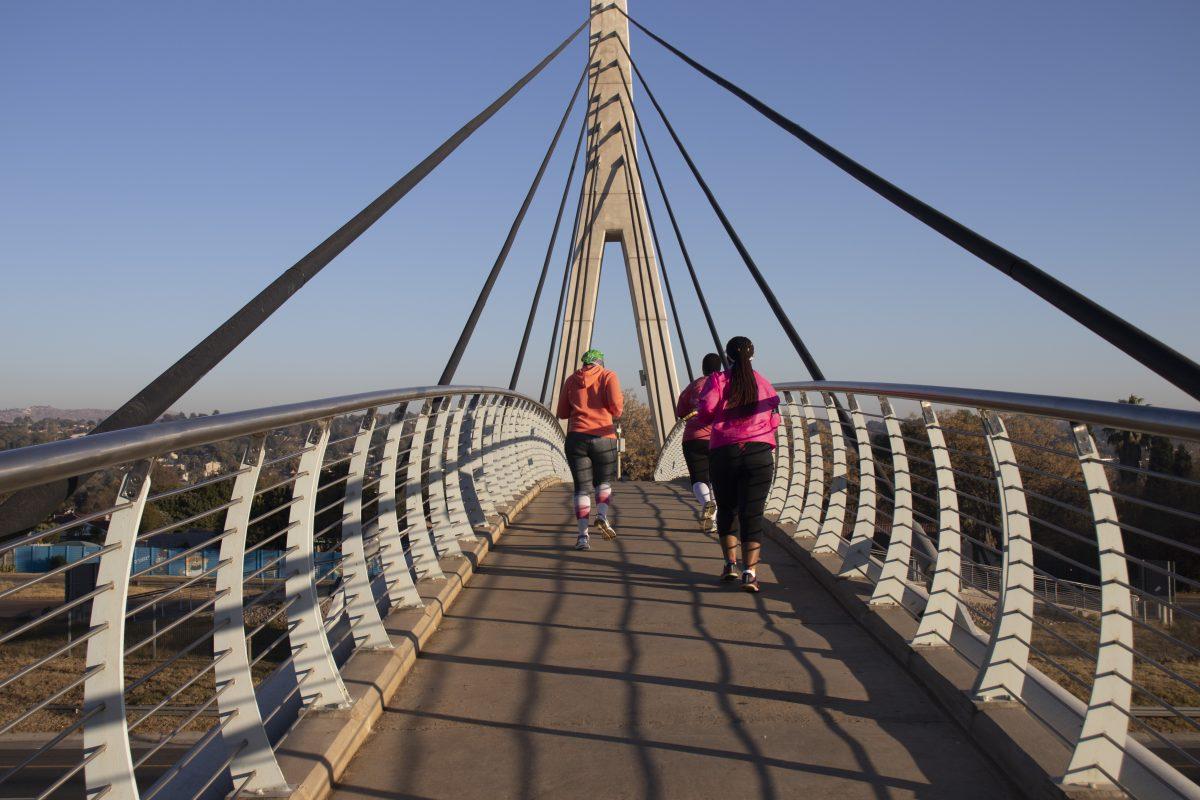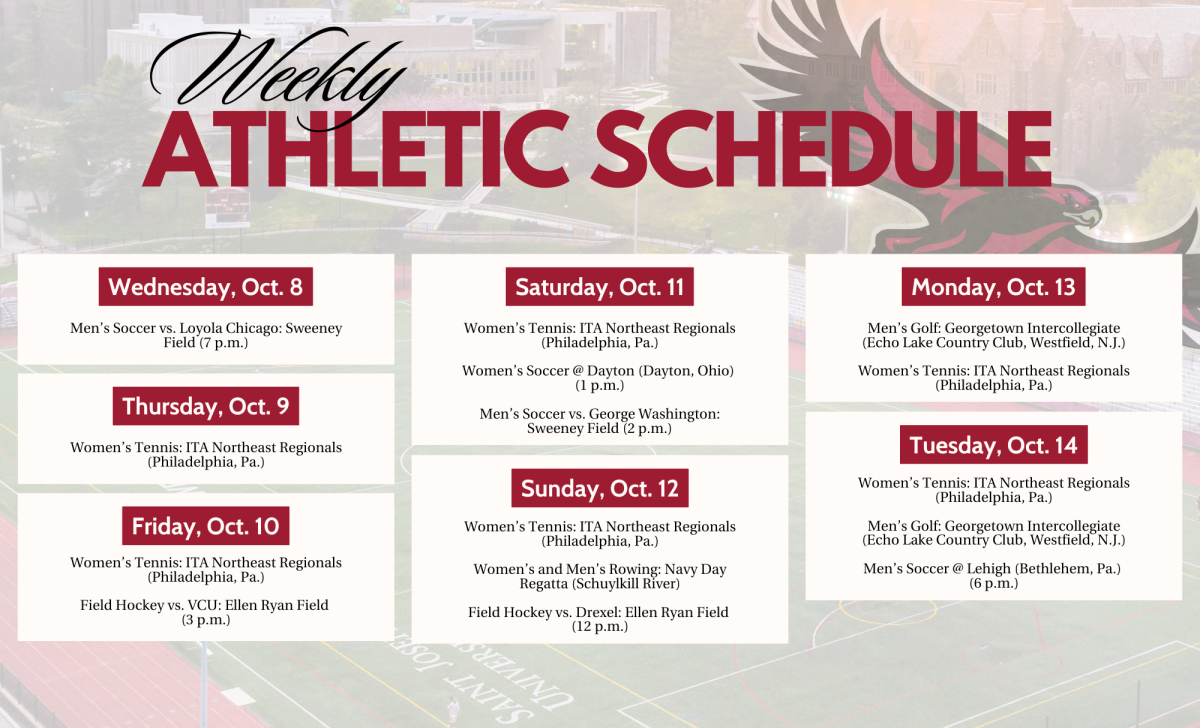Johannesburg, South Africa — Graham Block was a competitive runner for nearly 40 years until illness forced him to stop six years ago.
Instead of giving up his passion for running, Block continued to attend early morning runs organized by the Randburg Harriers Running Club that he had been a member of for 27 years. Rather than run, Block would encourage and cheer on the others.
In 2017, Block made the decision to start his own running club, Run Zone, to continue the work that he is passionate about.
“The vision of Run Zone is to make running affordable and accessible to so many people across the board, whether they be elite or the person straight off the couch,” Block said. “At Run Zone, there’s no difference between an elite and a non-elite.”
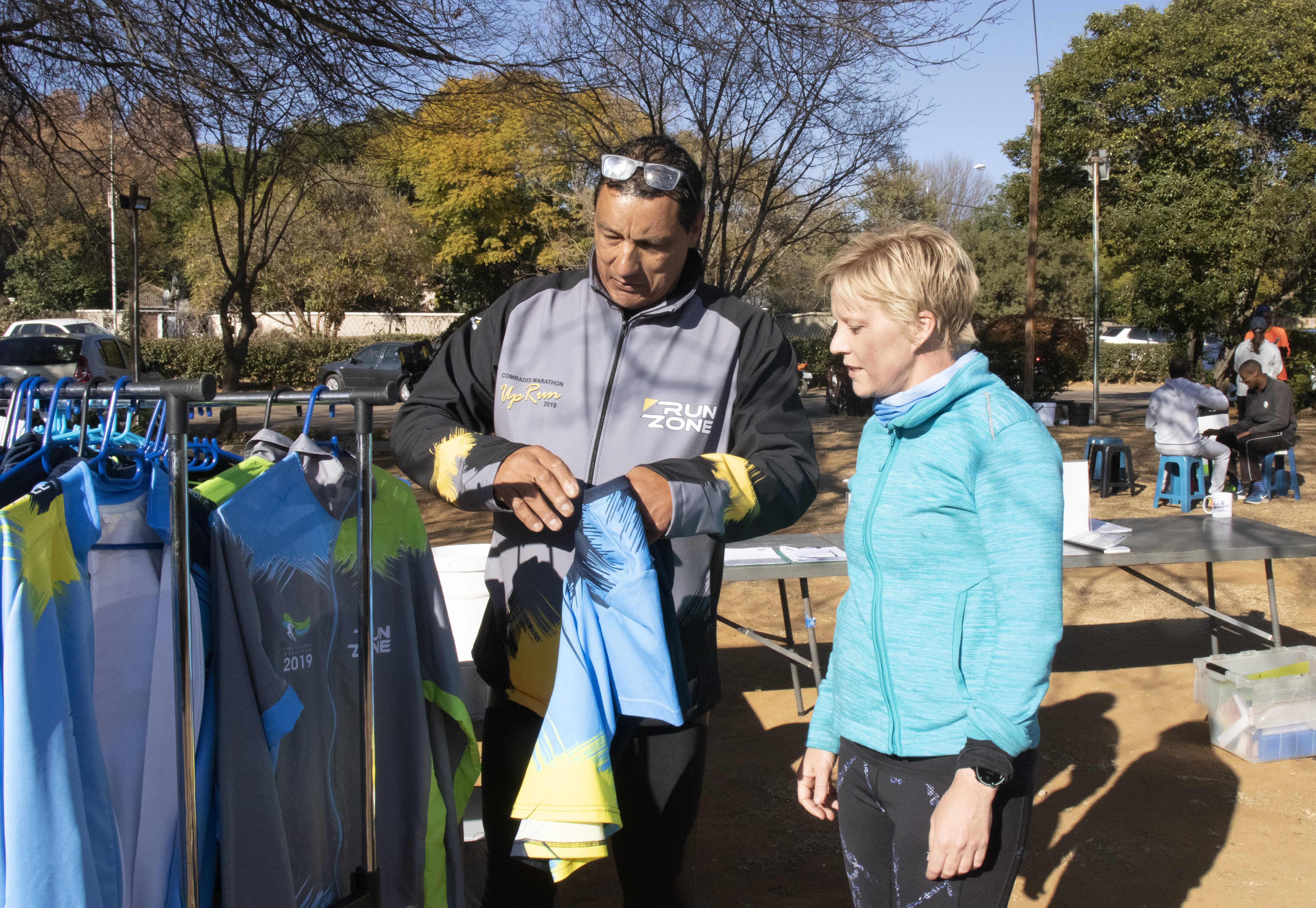
Two years after Block started the club, Run Zone is the third largest and fastest growing running club in South Africa with approximately 900 members. Members pay an annual fee of 1,100 rands ($73) which covers the cost of a running top and an annual road license.
Run Zone member Eric Komen said Block is a big reason for the club’s success.
“He’s a tremendous leader,” Komen said. “ He’s got an amazing attitude, he’s very positive, and he knows what he’s doing. He’s paid his dues. He’s able to coach people particularly well.”
Run Zone runs are held year-round on Wednesday, Saturday and Sunday mornings, departing from the Northcliff Country Club parking lot and looping through neighbourhood streets in surrounding suburbs of Berario, Fairland, Weltevreden Park, Linden, Montgomery Park and Roosevelt Park. Runners can choose from 5K, 10K, 15K, 20K, 25K, and 30K options for distance with start times at either 6:30 a.m. or 6 a.m.
Many run zone members are training for their first or next Comrades Marathon. First run in 1921, the Comrades Marathon is the oldest and largest ultra marathon in the world. Runners cover 90 km (55 miles) between the cities of Durban and Pietermaritzburg on the east coast of South Africa.
In South Africa, runners are required to obtain a running license in order to compete in a marathon. The easiest way to do this is to join a running club.
“It’s a motivation thing,” said Tumelo Mosia, who has run the Comrades every year since 2010. “When you buy a license, it’s kind of like your insurance. You have to have it to run the races.”
Jeets Kanti Narsing, a two-year member of Run Zone, has completed 20 Comrades marathons. He ran his first one in 1995 but has been running longer than that. Back in the1980s, when he first started out, running wasn’t much of a sport in South Africa. Kanti Narsing said he stood out, especially as a person of color.
“It’s a growing sport,” Kanti Narsing said. “I’ve seen it year to year, and I do see more new nonwhite runners participating in the sport. I think when I started there was just a handful of nonwhite runners.”
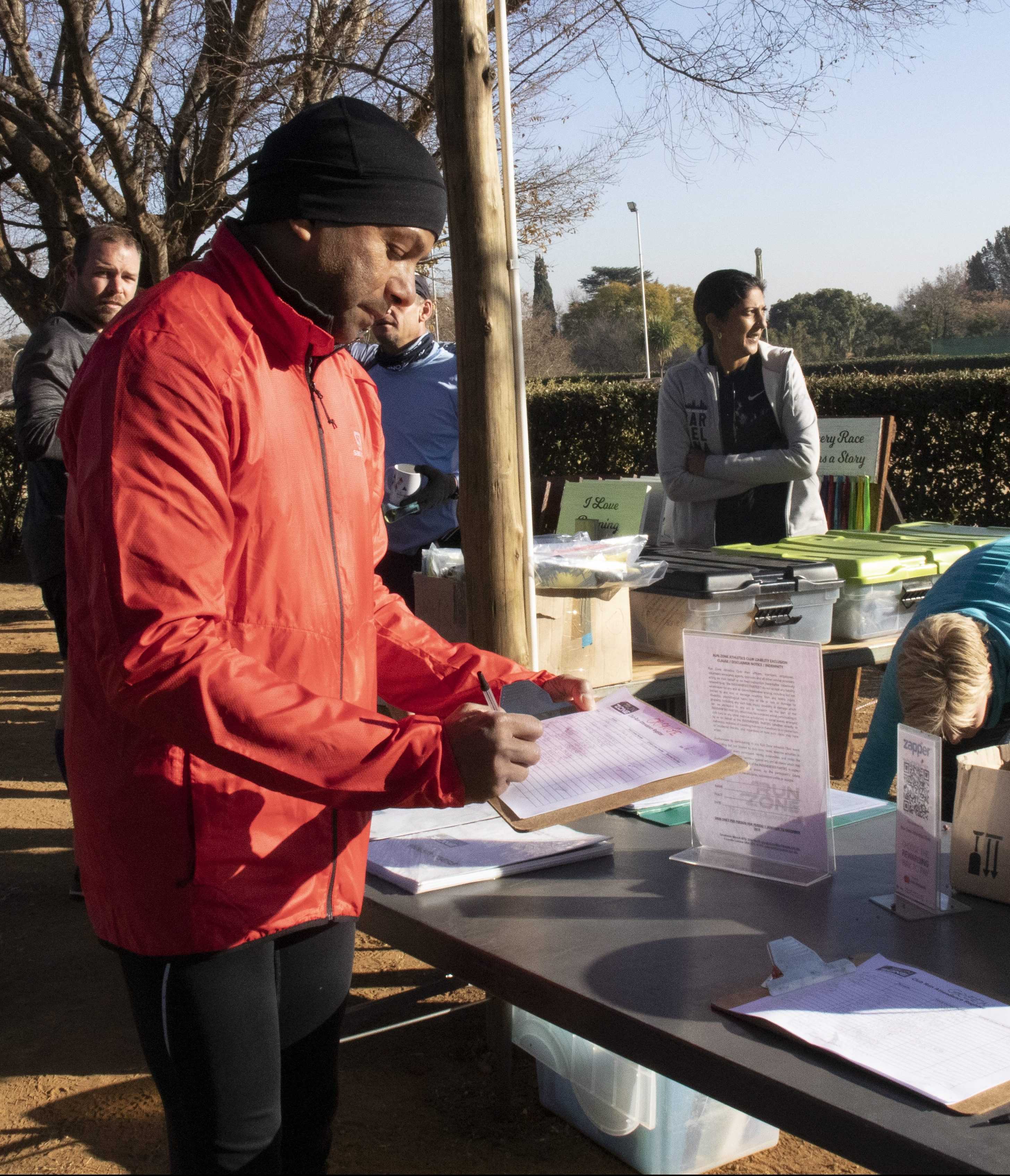
It wasn’t until 1975, more than 50 years after the first Comrades Marathon was run, that women and nonwhite runers were offically allowed to particapte after after many years of running unrecognized.
Women now are heavily represented in running clubs, including Run Zone.
“Even just in my running time, a lot of women didn’t even realize their personal capabilities,” said Candis Lubbe, Run Zone vice chairman. “Through the last three or four years, a lot of women have stepped up and realized that they actually do have much more strength, and even go faster and further than a lot of their male counterparts. Running has become accessible for women in a huge way.”
Running clubs also offer women, and others, the safety of running in large groups.
“For safety, there’s so many of us,” Komen said. “Also from a traffic perspective, if there’s one or two of you running, cars tend to ignore you.”
Joan Thompson, a member of Run Zone since its beginning, said she began to run for health reasons, but her husband also did not want her to run alone outside.
“In Graham’s club, we are all in the streets, and we are safe when we’re running,” Thompson said.
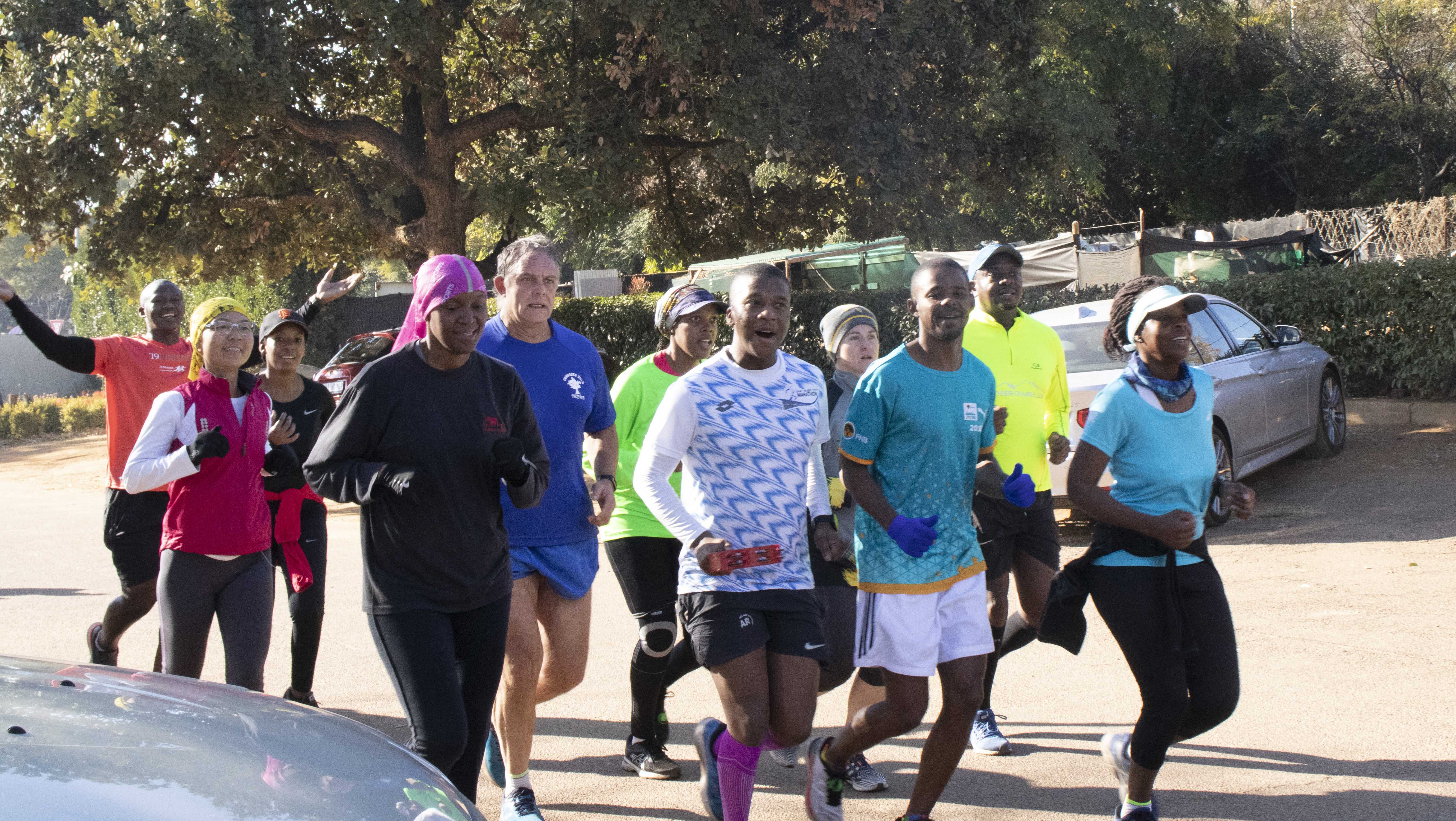
Thompson also said she liked that there are beverage and food stations set up along the route. Runners can grab a water, orange slices, a sports drink or even a soft drink. At the parking lot where the runners finish, they can enjoy coffee, tea, banana bread and sandwiches.
“We don’t run on empty stomachs, and when we finish running, we can sit, chat to our friends, eat breakfast,” Thompson said.
Run Zone is not just a running club but also a registered non-profit organization called Run Zone Cares. Block said one of his big passions is kids cross country. Run Zone Cares funds cross country programs in four different area township schools, assisting 100 boys and girls from ages 6 to 15.
“There’s more and more young people getting involved with running, which for me is really where my heart lies because running just gives you such a different way of life,” Block said. “This is why we infiltrate at the school level and try to make an impact. Those are principles that you can instill into these kids. No matter what, you pick up and you go on. That’s what you get from running, pick up and go on.”
Carly Calhoun ’21 and Jackie Collins ’21 contributed to this story.














































